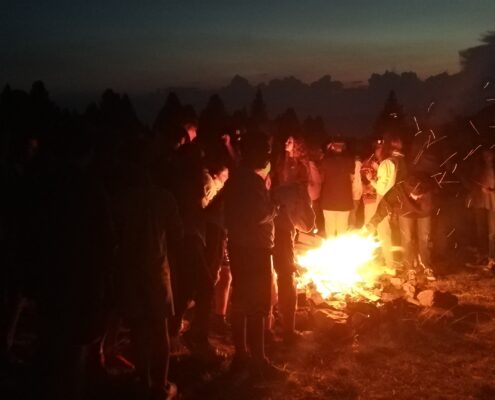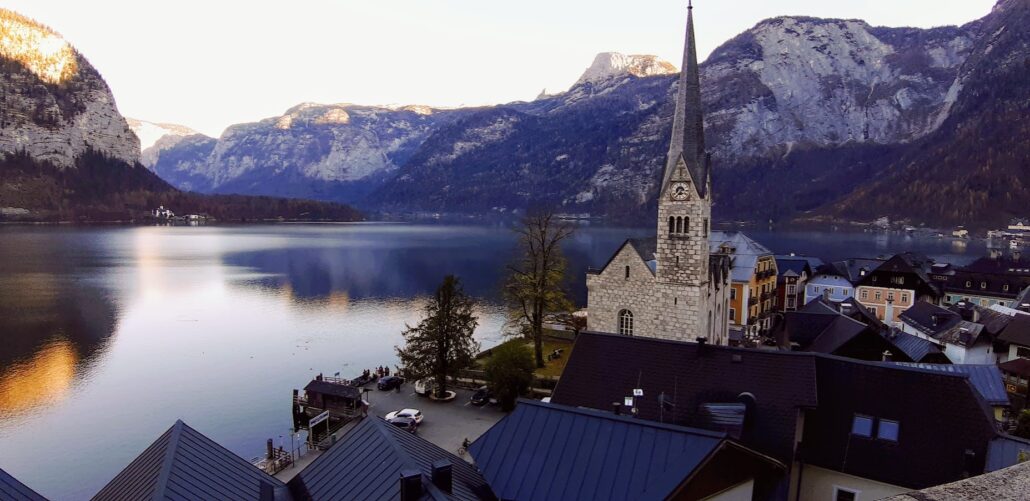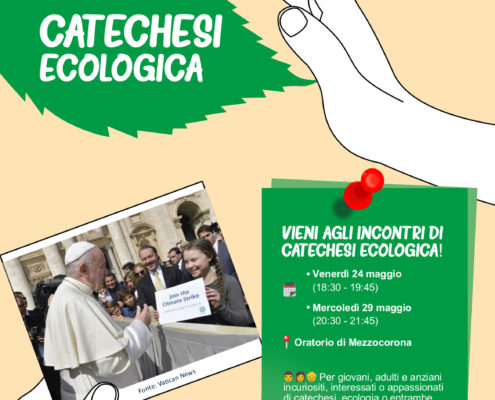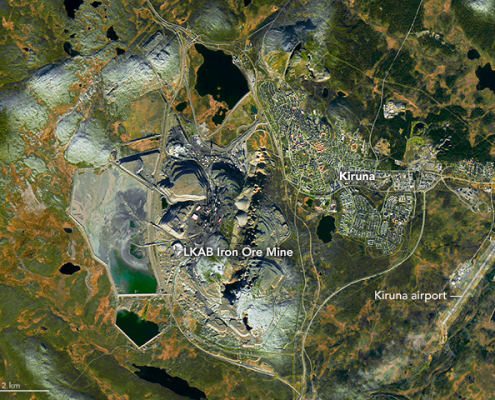 https://greenmarked.it/wp-content/uploads/2019/05/striking-scaled.jpg
1262
2560
Mark L. Miller
https://greenmarked.it/wp-content/uploads/2022/01/LOGO-GREENMARKED-SITO-600x600.png
Mark L. Miller2019-05-24 15:00:372022-08-08 09:30:12Let's talk, strike and vote for the environment
https://greenmarked.it/wp-content/uploads/2019/05/striking-scaled.jpg
1262
2560
Mark L. Miller
https://greenmarked.it/wp-content/uploads/2022/01/LOGO-GREENMARKED-SITO-600x600.png
Mark L. Miller2019-05-24 15:00:372022-08-08 09:30:12Let's talk, strike and vote for the environmentJune 20, 2023

Social Friendship: this is the leading theme, the challenge, the juxtaposition, as natural as it is impossible, at the center of one of the most famous Encyclicals of recent decades, Pope Francis’ “Brothers All.”
Since the time of Aristotle at least, it has been universally recognized that human beings are a “social form of life” (Zoon Politikòn), weaving their existence through relationships and complex constructs of human interactions.
However, as Alessandra Smerilli – Professor of Political Economy at the Pontifical Faculty of Educational Sciences “Auxilium,” Advisor to the State of Vatican City – makes explicit in the initial “Reading Guide” to the Encyclical, juxtaposing the term “Friendship” with the word “Social,” and placing it in the context of “brotherhood,” represents a true revolution, aiming to outline the contours of a New world… a more “human” world.
Where Friendship is by its nature a selective concept (when one says “friends choose themselves,” as opposed to relatives), to define it as social is an almost oxymoronic representation, expanding its semantic area, and extending it to society as a whole. If we reflect carefully, however, the association is not so inconceivable and finds its legitimacy not only if we inscribe it in the groove of the Aristotelian tradition (friendship can be given to anyone, thanks to the social nature of our species), but also by placing it in the broader context of Christian brotherhood. The commandment of Love, “Love one another,” [1] or “Love your neighbor as yourself,” [2] represents the essence of this message. Social Friendship institutionalizes at the secular level a concept inherent in human evolutionary nature (as Aristotle had intuited) and theology and broadens its scope, further clarifying the delimitations of that neighbor to whom we must strive. If in the Jewish traditions, the imperative to love the other was understood as one’s neighbor, a member of the same nation [3], with Judaism grown out of Israel and the Gospel message in fact the boundaries extend generically to the whole of humanity and now reach, with Social Friendship, to include far more than that.
The brotherhood is not only between humans but is with and for Creation, in full Franciscan tradition and in line with the ecological and environmental movements of recent decades. We are facing perhaps the secular awareness of the spiritual values of the Patron Saint of Italy, for the first time systematized in a practical and theoretical system of directions by one of the highest international authorities.
Indeed, the clear conception expressed by the pontiff makes it clear to us that we are one with Creation. The partnership is in harmony with Planet Earth, of which we are an integral part.
One is not saved alone, where “alone” refers not only to human beings but to the entire animal and plant ecosystem of the Earth.
It is not possible to save ourselves alone … and there is more: it is necessary, by human-natural obligation and not only ethical-moral obligation, to care for others, where others, once again, are all the living on our planet and suffering and non-suffering humanity, undoubtedly.
This is because “the existence of each of us is linked to that of others: life is not time passing, but time of encounter” [4]. Being social forms of life then is only the first step: loving and caring, taking care is the final goal, which completes us as a new humanity.
Today’s society, on the other hand, seems to want to keep us in a state of immaturity, educating us to the absence of relationships, to selfish individualism, which makes us see our neighbor as a stranger, an enemy, a waste of time. We do not want to waste time on “other people’s problems”: these, Pope Francis reminds us, are “symptoms of a sick society” [5]. A consumerist ideology of life and also of relationships, disposable, that cannot but result in the destruction and total collapse of everything, once the deceptions of this system are revealed. We are the first to be at risk, as well as the environment.
As the Pope states, then “the ‘every man for himself’ will quickly result in the ‘all against all’ ” of Hobbesian memory. From the sociality of divine Love to an uncivilized state of nature of the war of all against all [6].
If this is how we currently treat members of our own species, it is not surprising that we fail to see the consequences on the entire living organism, of which we are a cell, an integral part, namely the Planet.
It is necessary to embrace a new modus vivendi, a new “diet” of life, the diet of Caring for the Earth, because we are the Earth: She is our neighbor … nearest neighbor.
Being her friends and brothers, as St. Francis teaches in the famous canticle, means being friends with ourselves.
It is necessary to end the exploitation of the planet and the destruction of ecosystems, human above all. Words that have resonated in the minds and hearts of many for a long time and finally find support in one of the most authoritative institutional figures in the world, capable of not just stopping at saying what should or should not be done or an accurate analysis of the present, but able to outline concrete guidelines for our future.
In his Encyclical, Pope Francis shows us the way to take a “leap toward a new way of living” where we discover “once and for all that we need and are indebted to one another” [6].
The first step? Let’s follow the Pontiff’s wise shrewdness and, from now on, ask ourselves and anyone we meet, not only “what’s your name?” or “what do you do/what do you do for a living?” but also … “Who do you take care of?”
Let’s ask ourselves, let’s give ourselves an answer, and let’s start now, if there isn’t one.
Let us spread the question, as a necessary gift to our curriculum vitae as humans or, better, Inhabitants, part of this extraordinary Planet.
Ad maiora!
Related articles:
References:
[1] Gospel of John: 15, 12
[2] Gospel of Mattew: 22, 39
[3] Francesco, P. (2020). Fratelli tutti. Sulla fraternità e l’amicizia sociale. p 43
[4] Videomessaggio al TED2017 di Vancouver (26 aprile 2017): L’Osservatore Romano, 27 aprile 2017, p.7
[5] Francesco, P. (2020). Fratelli tutti. Sulla fraternità e l’amicizia sociale. p 46
[6] Francesco, P. (2020). Fratelli tutti. Sulla fraternità e l’amicizia sociale. p 33
Cover- and preview image: Hallstatt landscape, the church and the lake (GreenMarked, 2018)




